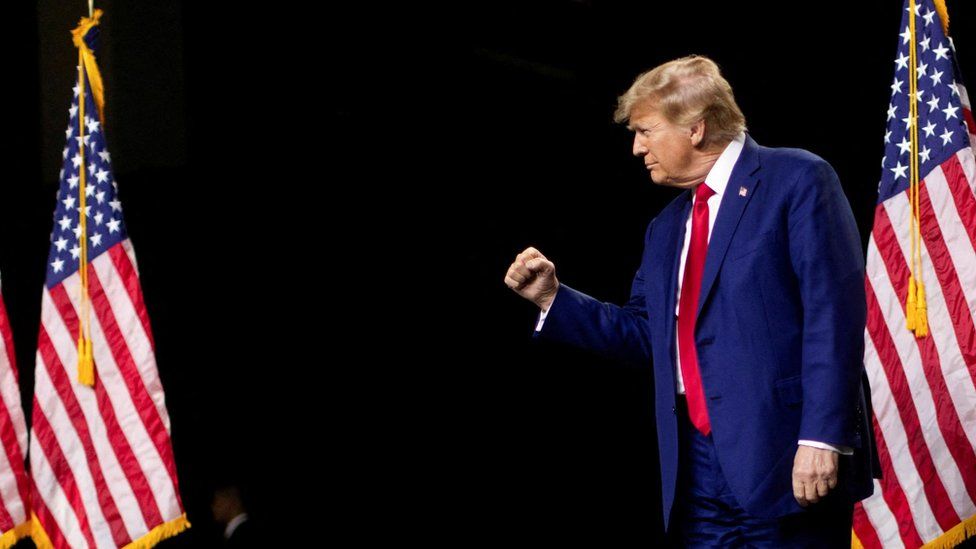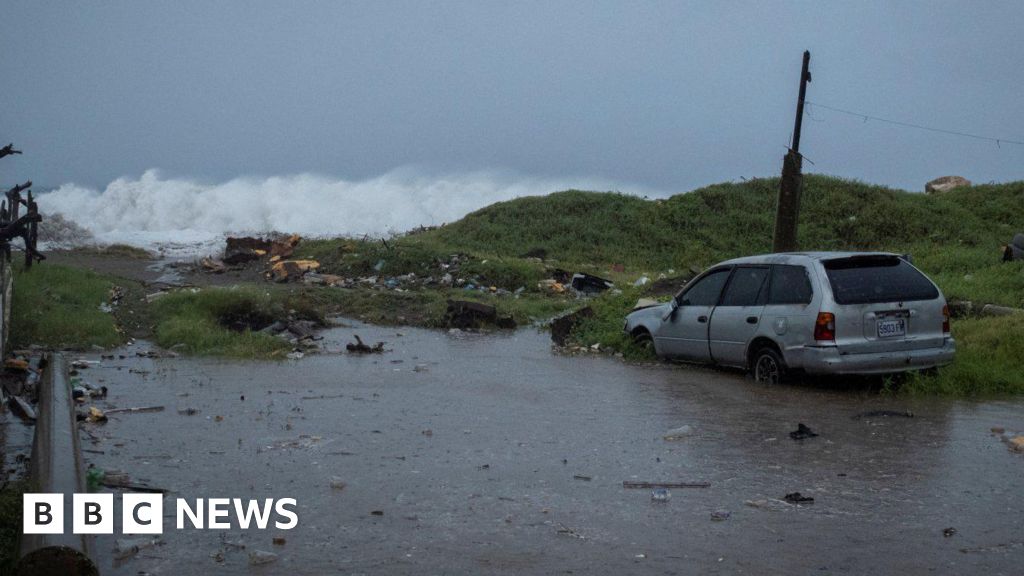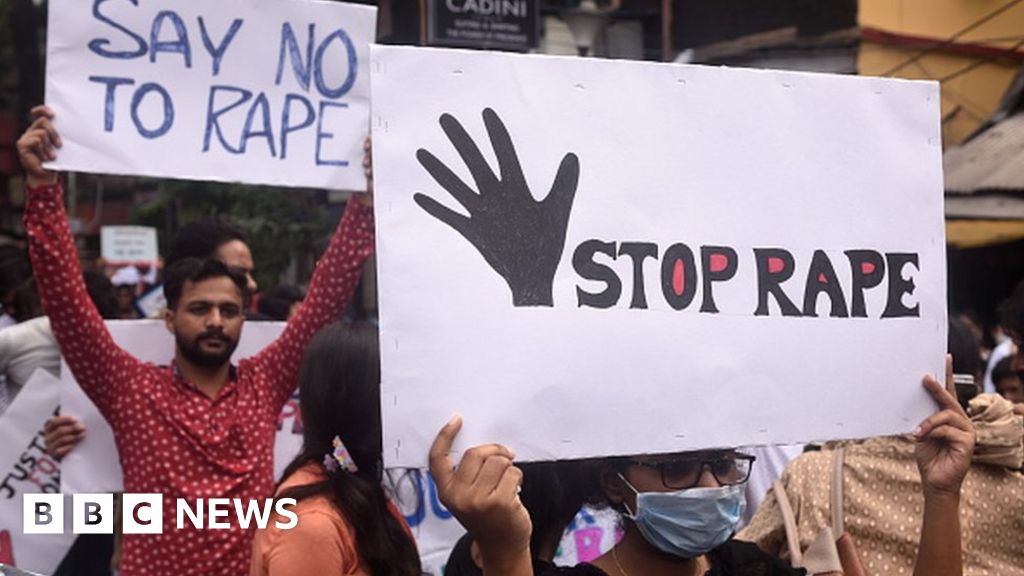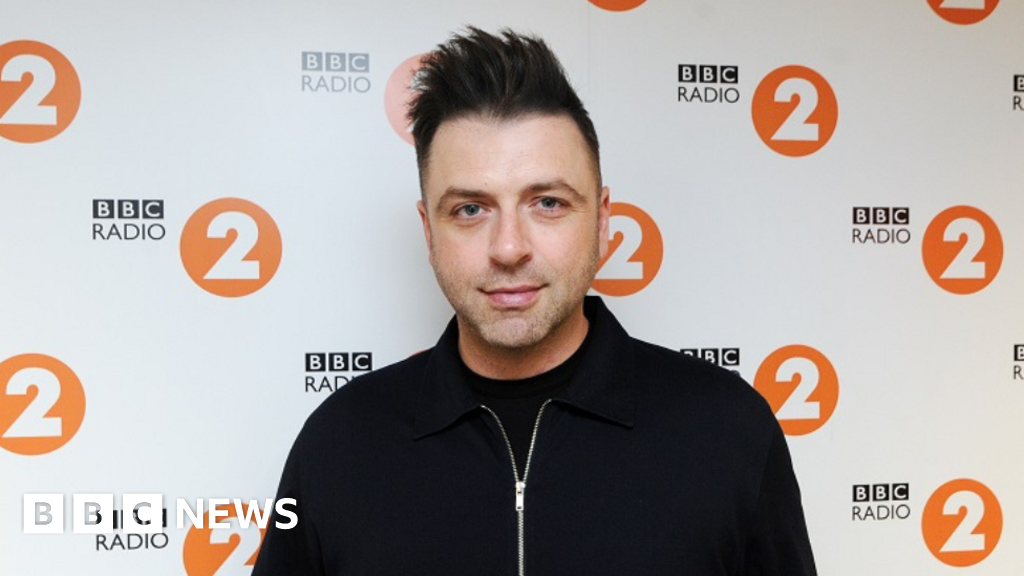 Image source, Reuters
Image source, Reuters
Mr Trump faces several legal challenges heading into the 2024 presidential race
The US Supreme Court confronted an unprecedented election case on Thursday to decide whether Donald Trump is eligible to run for president.
Two states, Colorado and Maine, have declared Mr Trump ineligible from running as a presidential candidate because of his actions around the Capitol riot.
The former president was blocked from the primary ballot in the two states by invoking a rarely used provision of the US Constitution.
Section 3 of the 14th Amendment bars those who have "engaged in insurrection or rebellion" against the country from holding federal office.
But the rulings are on hold as the Supreme Court hears the case, with its eventual ruling applying nationwide.
Mr Trump is expected to clinch the Republican nomination in coming months, regardless of whether he is on the ballot in Colorado or Maine, and go on to face President Joe Biden for a rematch in November.
Maeva Marcus, the director of the Institute for Constitutional Studies at George Washington University, says the same "rationale" behind the Colorado ruling that disqualified Mr Trump from the primary ballot would "hold for the general election".
But it's too early to say what will happen in the general election until the issue works its way through the courts, she said.
Why does Colorado want to remove Donald Trump from the ballot?
On 19 December, the Colorado Supreme Court said it found "clear and convincing evidence that President Trump engaged in insurrection", making him ineligible to stand in the primary election.
It was the first time Section 3 of the 14th Amendment had been used against a presidential candidate.
The lengthy 213-page ruling said Mr Trump's actions in the build-up to 6 January 2021 constituted insurrection.
His lawyers had argued in Colorado that he should not be disqualified because he did not bear responsibility for the riot.
They also noted that Mr Trump has not been criminally charged with inciting insurrection.
Soon afterwards, the Colorado Republican Party and Donald Trump himself appealed against the state's decision.
In Maine, a quirk in the state constitution meant it was up to the top electoral official to decide whether to remove him.
Secretary of State Shenna Bellows, a Democrat, ruled Mr Trump was ineligible under Section 3, saying that in the lead-up to 6 January he "used a false narrative of election fraud to inflame his supporters and direct them to the Capitol".
Mr Trump's name will remain on the ballot in Colorado until the Supreme Court issues its ruling. Similarly, the Maine decision is on hold.
What happened at the Supreme Court?
The US justices fast-tracked the case and are under pressure to decide before the Colorado and Maine primaries on 5 March, the so-called Super Tuesday when the greatest number of states hold ballots.
They heard arguments on 8 February, where they gave clues about what questions they are wrestling with. They are expected to rule soon afterwards.
The balance of the highest court in the country has trended more conservative in recent years, in part because three justices were appointed by Mr Trump when he was president.
Where do legal experts stand on this?
There are two key legal issues to consider.
One is whether Mr Trump's actions in the build-up to the storming of the US Capitol amounted to insurrection.
The other is whether the office holders that Section 3 was aimed at barring should include the president.
A lower court in Colorado has already ruled that Mr Trump engaged in insurrection but the law did not apply to the office of the presidency.
The Colorado Supreme Court disagreed, and top legal scholars are divided on whether this law should apply to Mr Trump.
Lawyers for Mr Trump dispute that he engaged in insurrection and argue his remarks to supporters on the day of the 2021 riot were protected by his right to free speech.
Can Donald Trump still stand in the 2024 election?
Yes. Only Colorado and Maine have ruled he could be disqualified and he is still expected to win his party's nomination with or without those states.
Hours after Maine's ruling, California's elected secretary of state, a Democrat, ignored calls to remove Mr Trump from the state's Republican primary ballot - saying it was a matter for the courts. Michigan's top court has declined to hear a case seeking to disqualify Mr Trump.
In the US, the two main parties nominate a presidential candidate by holding a series of state primaries and caucuses that begin in January.
In terms of the general election, in both states, Joe Biden won against Donald Trump in 2020 by a wide margin, and it is unlikely that Mr Trump will need to win the states to enter the White House once more.
What is the political impact?
Mr Trump's campaign has cast these rulings as part of a broader political persecution, but so far they have not hurt his campaign.
There could be wider implications for the general election, though.
Dozens of other US states have similar lawsuits trying to bar Mr Trump from running, which could hurt him if the Supreme Court decides he can be removed from Colorado's ballot.
If Mr Trump was stopped from running in a state where he and Mr Biden are neck-and-neck, that could be critical in a presidential race that is expected to be closely fought.
The Supreme Court stepping in will ensure there cannot be a patchwork of different rules on eligibility across the states.
More on the 2024 US election
Related Internet Links
The BBC is not responsible for the content of external sites.

 4 months ago
27
4 months ago
27








 English (US) ·
English (US) ·